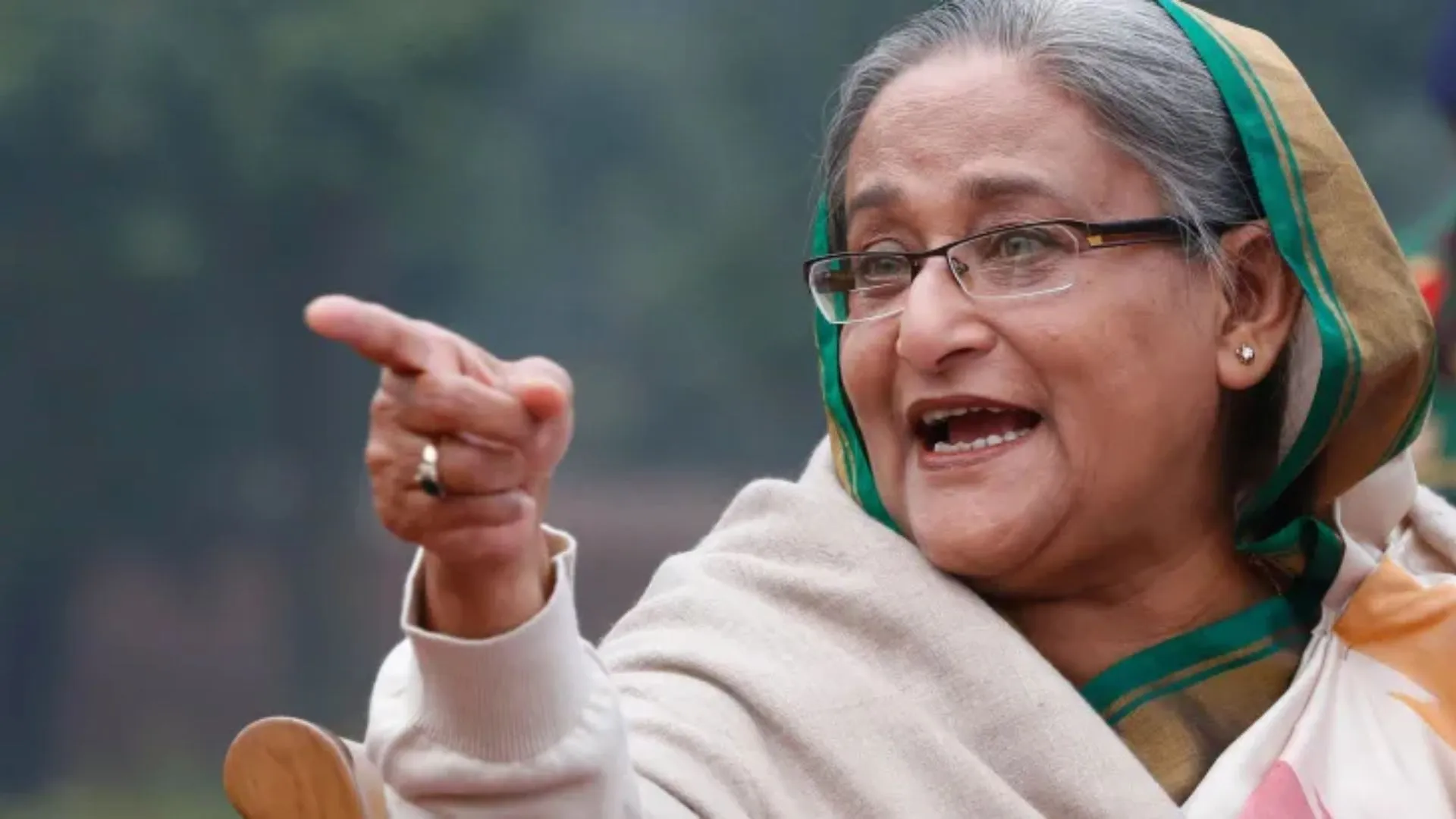In a historic and dramatic judgment, the International Crimes Tribunal (ICT) in Dhaka has sentenced former Bangladesh Prime Minister Sheikh Hasina to death after finding her guilty of crimes against humanity linked to the violent crackdown during the July–August 2024 student movement. The court described her as the mastermind behind the killings and abuses that took place during the nationwide protests.
Sheikh Hasina received the death sentence on two counts — inciting murder and ordering murder. The tribunal ruled that she directly authorized the use of lethal force against student demonstrators. The tribunal also handed down a death sentence to the second accused, former Home Minister Asaduzzaman Khan, for his role in the killing of 12 people during the crackdown. The third accused in the case, former Inspector General of Police Abdullah Al-Mamun, was sentenced to five years in prison. He has already turned government witness and cooperated with investigators.
The court further ordered the confiscation of properties belonging to both Sheikh Hasina and Asaduzzaman Khan within Bangladesh. According to the prosecution, both individuals have been absconding for the last 15 months and are currently living in India.
What was the 2024 Protest?
The July Revolution of 2024 in Bangladesh was one of the biggest people’s movements in the country’s recent history. It started with a simple issue and grew into a nationwide uprising that involved students, young people, and ordinary citizens.
In early June 2024, students began a protest against the quota system for government jobs. Students protested in response to the reinstatement of a quota that reserved 30 percent of government jobs for children of independence war veterans (and which they argued favours supporters of the ruling party). This quota was cancelled by the government in response to massive student protests in 2018. Following the filing of a written petition by a group of relatives of the war veterans, the High Court of Bangladesh reinstated the 30% quota system at the end of June. Amidst the protests, curfew and internet shut down, on 21 July, the Supreme Court issued an order to reduce the quota from 30 percent to 5 percent. The protests continue in pockets, with protesters demanding justice and accountability for those who were killed, injured and arrested during the last few weeks.
The situation changed dramatically when the government responded harshly to the protests. By late July, security forces carried out violent crackdowns, firing at demonstrators and attacking protest sites. Many people were killed in what later came to be known as the July massacre. The deaths of young protesters like Abu Sayed and Mir Mahfuzur Rahman Mugdho deeply shocked the nation and made public anger even stronger.
